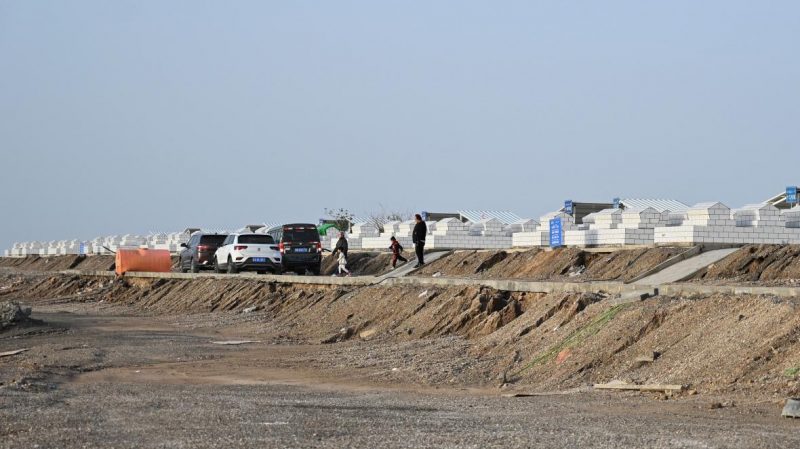Yangisar Yadykar
Aziz is now thirty years old, my old friend, I keep thinking about the story he once told me, the story of how he got his name. “My grandmother was not yet thirty when she and my grandfather firmly decided that to continue to stay in Urumchi for them was a tantamount to death and the only solution for them was to move to the Soviet Union. At that time they already had three children, two five-year-old daughters, twins -my aunts- and a thirteen-year-old son, my uncle, Aziz.
Grandfather was part of the national army. In the Union he had some connections, in Kazan and Alma-Ata. In Kazan he had friends from the Polytechnic Institute, and some of his relatives were in Alma-Ata. As a child I remember always inquiring my grandma of how she got here, she would always look somewhere to the distance and say that she sailed to Almaty on a steamboat, that would always surprised me and I did not believe. How do you come to a landlocked Alma-Ata on a steamboat? But then it turned out that there was a real shipping link across the Ili River.
The East Turkestan Republic was nearly abolished, but the bursts of fighting were still ongoing. Waiting for the necessary documents, grandmother with her children was in one of the villages near Ghulja. The river port was nearby. One of the summer days, the package arrived with documents and a letter from grandfather, where he said that they should immediately be floated on the first ferry without waiting for him. So they did. Only women and children were on the ferry, even the captain was a young girl in her early twenties. Of the male, the oldest were Aziz and a few other twelve and thirteen year olds.
Read More

